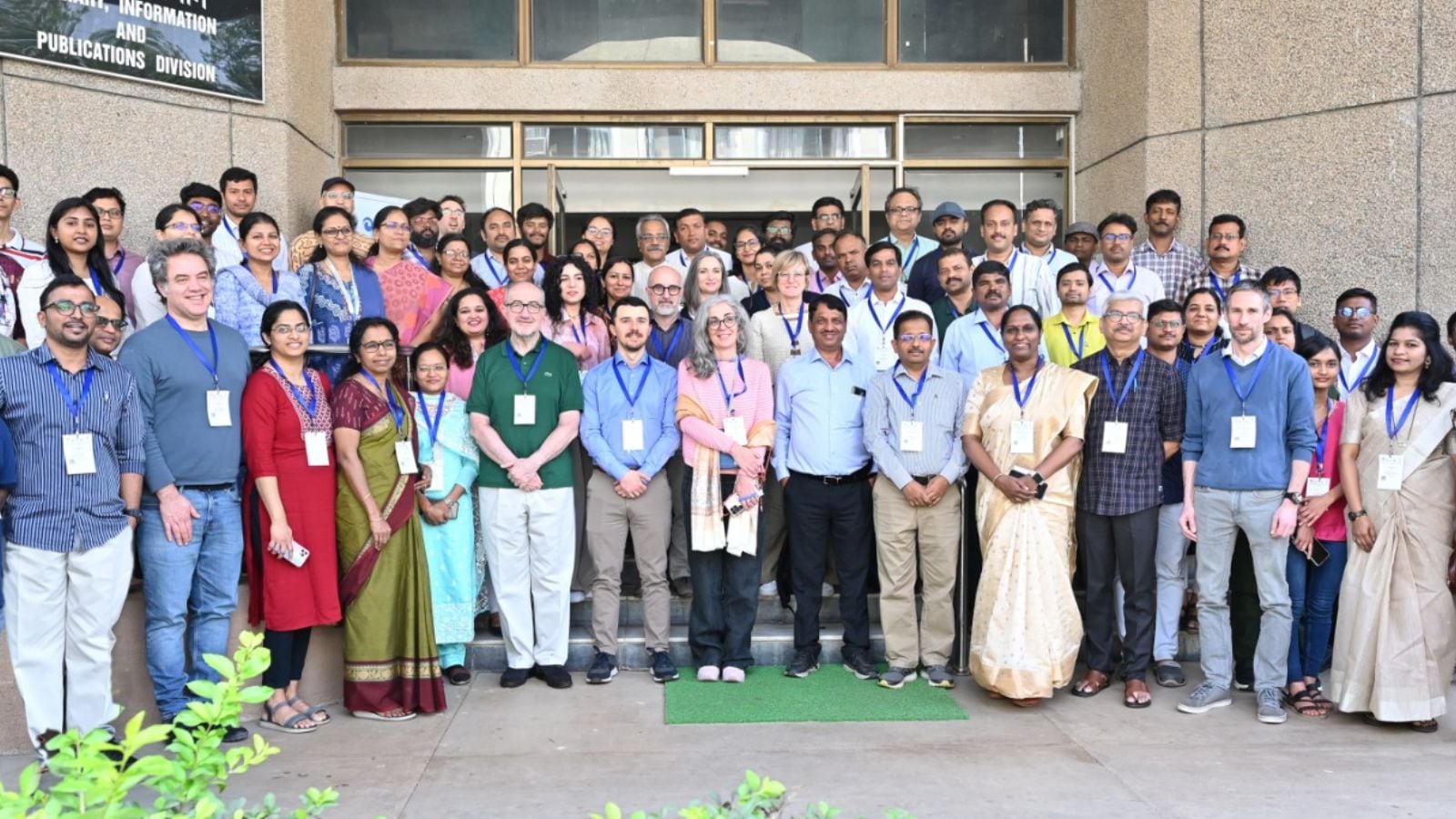Click here to join Express Pune WhatsApp channel and get a curated list of our stories
From better prediction to understanding climate change effect, India and Italy plan to work together at Pune workshop
The two-day programme saw scientists from the Pune-based Indian Institute of Tropical Meteorology and the Euro-Mediterranean Centre on Climate Change discuss the use of AI and ML in climate prediction.
 For Pune, areas of Koregaon Park, and Magarpattta are places where the recorded temperature is higher than the rest of the city. (Express Photos)
For Pune, areas of Koregaon Park, and Magarpattta are places where the recorded temperature is higher than the rest of the city. (Express Photos)What is common about Pune and Rome’s experience of climate change? Do heat islands and urban flooding in Rome hold lessons for Pune? These are some of the questions that scientists from the Pune-based Indian Institute of Tropical Meteorology (IITM) and the Euro-Mediterranean Centre on Climate Change (CMCC) would try to unravel through the first-of-its-kind collaboration. The first workshop in this regard, which saw the participation of scientists from Italy and India, took off in Pune on February 11.
According to Paola Mercogliano, head of the Italian delegation, no country or city is immune to the global phenomenon called climate change. Mecogliano said the institute had worked with the city of Rome to understand the effect of climate change, especially in the form of urban heat islands and urban flooding.
“This involves downsizing data to a very localised level and to study the effect of climate change. We hope to simulate the same for the city of Pune and collaborate with the scientific community in Pune,” she said. Urban heat islands and urban flooding are recent phenomena wherein parts of the cities receive torrential rainfall or report higher temperatures than the other parts.
For Pune, areas of Koregaon Park, and Magarpattta are places where the recorded temperature is higher than the rest of the city. Increased precipitation has seen flash floods in Pune which has led to the loss of life and property in the past. Both these are linked to climate change with urban planners finding it difficult to find solutions.
Mercogliano the crisis can be mitigated with the involvement of city planners and other stakeholders.
The two-day programme saw scientists discuss the use of Artificial Intelligence (AI) and Machine Learning (ML) in climate prediction.
R Krishnan, IITM director, spoke about the institute’s plan to use AI and ML applications in weather, climate, and ocean sciences.
“I am looking forward to a productive research partnership with our Italian colleagues in the coming years,” he said.
Principal scientist Giovanni Coppini who is the director of Global Coasts explained how Italy is collaborating with Indian institutions in terms of ocean studies and this collaboration would help in deepening their ties further.
“Given the fact that we are from public institutions the work we do and results would be available freely,” he said.
Antonio Navarra, CMCC director, said AI and ML can help increase the accuracy of the traditional forecast. New technology can also reduce the cost of prediction as it eliminates the repetitive, mechanical work, Navarra said.
Click here to join Express Pune WhatsApp channel and get a curated list of our stories







